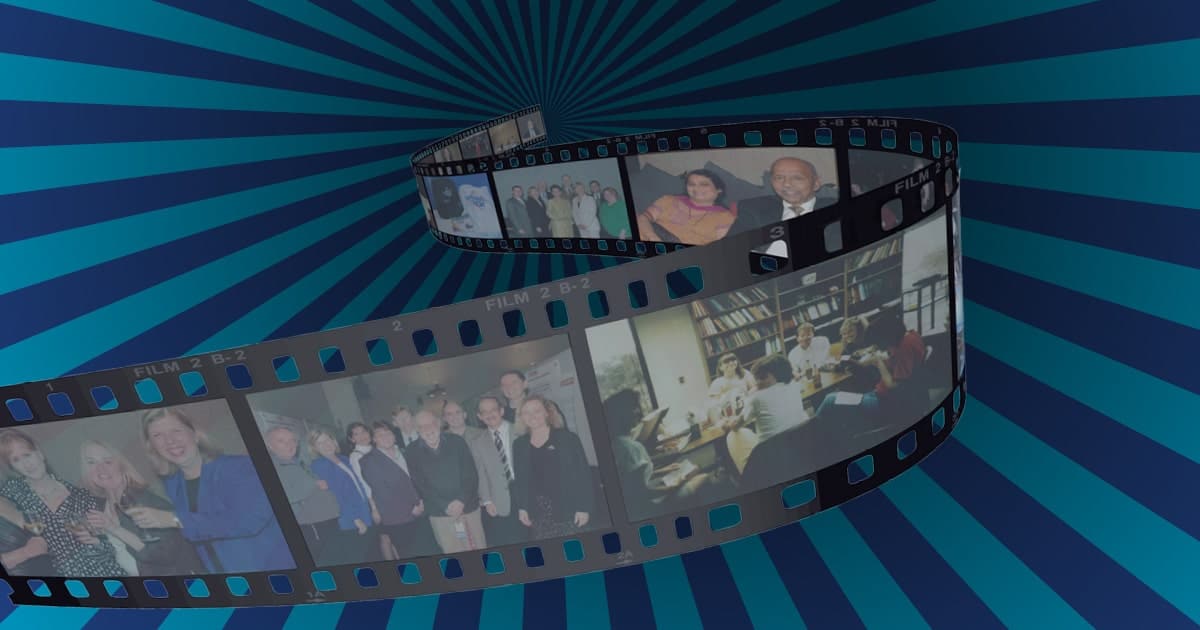Hey, audiologists! Have you ever considered offering auditory processing interventions for individuals with autism spectrum disorder (ASD) at your clinic or practice?
Did you know that the Centers for Disease Control estimates that 1 in 59 children have ASD (Baio et al, 2018)? Also, did you know that, despite normal pure-tone hearing sensitivity, most children and adults who have ASD have auditory processing difficulties and sensitivities, especially in background noise?
The auditory processing deficits are across most domains tested by audiologists including speech-in-noise recognition, dichotic digits and words, temporal processing, and working memory (Rance et al, 2014; Schafer et al, 2016, 2019). The good news is that audiologists can help!
In a recent study published in JAAA, 15 high-functioning children and young adults with ASD showed significantly improved auditory processing on several behavioral and qualitative measures after completing a 12-week program that included speech-in-noise training, software-based dichotic training, and use of open-ear remote-microphone technology (Schafer et al, 2019). These individuals also showed significant changes in electrophysiological responses (Gopal et al, 2019). These studies highlight the potential of audiologists to manage the auditory processing difficulties common to children and young adults with ASD.
References
Baio J, Wiggins L, Christensen DL, et al. (2018) Prevalence of autism spectrum disorder among children aged 8 years—Autism and Developmental Disabilities Monitoring Network, 11 Sites, United States, 2014. MMWR Surveillance Summaries 67(No. SS-6):1–23.
Gopal KV, Schafer E C, Mathews L, Nandy R, Beaudoin D, Schadt L, Caldwell J. (2019) Effects of auditory training on electrophysiological measures in individuals with autism spectrum disorder. J Amer Acad Audiology. In press.
Rance G, Saunders K, Carew P, Johansson M, Tan J. (2014) The use of listening devices to ameliorate auditory deficit in children with autism. J Peds 164(2):352-357.
Schafer EC, Gopal KV, Mathews L, Thompson S, Kaiser K, McCullough S, Hutcheson A. (2019) Effects of auditory training and remote‐microphone technology on the behavioral performance of children and young adults who have autism spectrum disorder. J Amer Acad Audiology 30(5), 431-443.
Schafer EC, Wright S, Anderson C, Dyson J, Pitts K, Bryant D, Reed MP. (2016) Assistive technology evaluations: Remote-microphone technology for children with autism spectrum disorder. J Comm Dis 64:1-17.
Recent Posts
Why Do Elephants Have Such Big Ears?
African elephants have the largest ears of any animal, sometimes growing more than six feet long and five feet wide. An elephant’s ears are used…
Founders’ Day
The 32 audiologists gathered in Houston, Texas, in 1988 to discuss the formation of a national association of audiologists. On January 30, 1988, 32 audiologists met…
House Minibus Advances with Mixed Outcomes for EHDI
Last week, the U.S. House of Representatives passed a fiscal year (FY) 2026 minibus appropriations package that includes the Labor, Health and Human Services, and…


